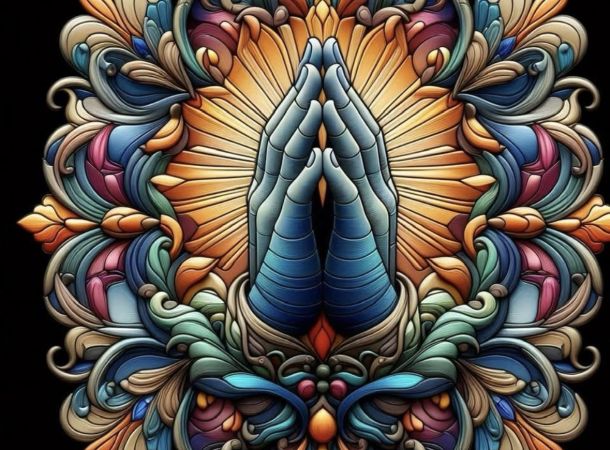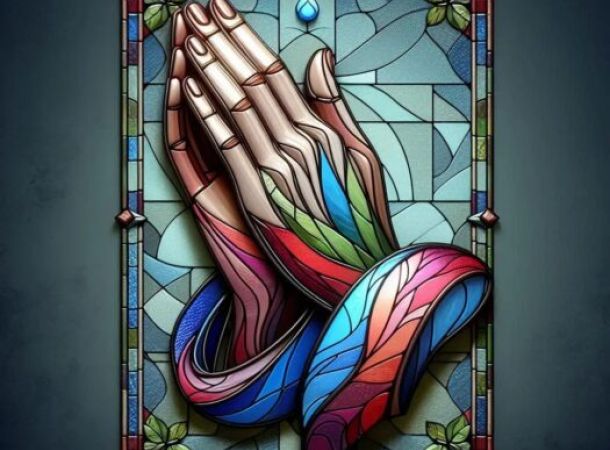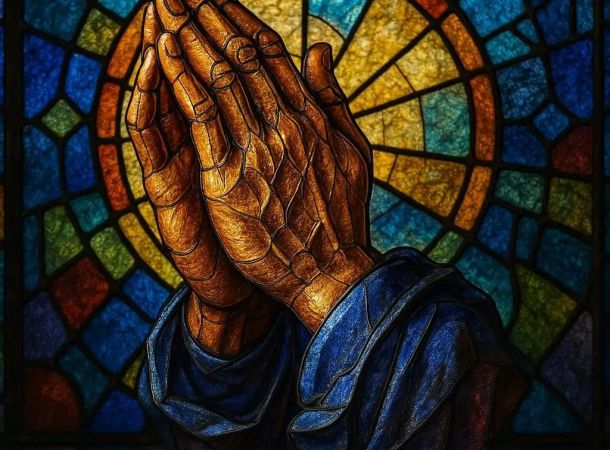Who Am I?
The first Torah portion in Exodus is called Shemot, meaning “Names,” and entails Exodus 1:1 to Exodus 6:1. In this section of scripture, we witness Moses’ battle with self-doubt, a powerful enemy that many of us can relate to. The Bible tells us that we are made in the image of the Creator, a divine being of life, powerful words, healing presence, and pure love. Yet, like Moses, we often find ourselves asking, “who am I?”
Who am I to take up space? Who am I to be an image bearer? Who am I to do good works? Who am I to speak on Your behalf? Who am I to lead, or ask for help, or give or receive? You are a created being who God brought into existence to carry His divine breath, light, and love to the world. You cannot be both, created in God’s image and unable to reflect that image. As Marianne Williamson beautifully puts it;
“Our deepest fear is not that we are inadequate. Our deepest fear is that we are powerful beyond measure. It is our light, not our darkness, that most frightens us. We ask ourselves, ‘Who am I to be brilliant, gorgeous, talented, fabulous?’ Actually, who are you not to be? You are a child of God. Your playing small does not serve the world. There is nothing enlightened about shrinking so other people won’t feel insecure around you. We are all meant to shine, as children do. We were born to make manifest the glory of God that is within us. It’s not just in some of us; it’s in everyone. And as we let our own light shine, we unconsciously give other people permission to do the same. As we are liberated from our own fear, our presence automatically liberates others.” A Return to Love: Reflections on the Principles of “A Course in Miracles”
Our faulty idea of humility may keep us from being an active participant in healing the world. Moses is considered the most humble man of his time in Numbers 12:3, a grave statement to make about anyone, but what does it mean? Was he passive? Nope, he saw a man hurting another human and killed the oppressor. Was he a people-pleaser by consistently placing his personal needs last? Nope, he consistently brought his needs along with the needs of the Israelites before the Holy One. Was he fearless? Nope, Moses was afraid of Pharaoh, of what people would say about him, of failure, and of physical limitations. All of these fears seem human and legit. So, what is humility?
Humility is not being too proud to seek wisdom, as Moses listened and heeded his father-in-law’s advice (Exodus 18). It’s about sticking up for others, even at the cost of your comfort, safety, and resources, as Moses did on the mountain after the sin of the golden calf (Exodus 32). Humility is leadership but not self-worship. Moses was not offended or insecure with other people leading and taking up space alongside him, as we can see in Numbers 11:29 when two Israelites began prophesying, and Joshua got a little defensive, whereas Moses was not afraid of other people shining their light.
“Then Moses said to him, ‘Are you zealous for my sake? Oh, that all the LORD’s people were prophets and that the LORD would put His Spirit upon them!’ “
Humility is not about shrinking or being invisible, nor is it about being boastful or dominating. It is about taking up the right amount of space, not too much or too little. It is about recognizing your worth as a powerful creation worthy of all good things. We aren’t always brave enough to freely accept, receive, and give out good gifts, but humility encourages us to. The scriptures describe God as talking to Moses multiple times. In fact, Numbers 12:8 says God spoke with Moses mouth to mouth, that means intimately. Moses’s ability to take up space and be humble allowed these divine conversations. It is the path of humility that leads to intimate communication with God. Self-doubt is an enemy we will all have to fight and hopefully overcome.
Exodus 3:10-11: “Come now, therefore, and I will send you to Pharaoh that you may bring My people, the children of Israel, out of Egypt.” But Moses said to God, “Who am I that I should go to Pharaoh, and that I should bring the children of Israel out of Egypt?”
Psalm 39: 13-18: For You formed my inward parts; You covered me in my mother’s womb. I will praise You, for I am fearfully and wonderfully made; Marvelous are Your works, and that my soul knows very well. My frame was not hiddenfrom You, when I was made in secret, and skillfully wrought in the lowest parts of the earth. Your eyes saw my substance, being yet unformed. And in Your book they all were written, the days fashioned for me, when as yet there were none of them. How precious also are Your thoughts to me, O God! How great is the sum of them! If I should count them, they would be more in number than the sand; When I awake, I am still with You.
His thoughts are constantly on you, that makes you worthy, valuable, powerful, loved, adored, honorable, precious, capable, beautiful, and magnificent.




Leave a Reply